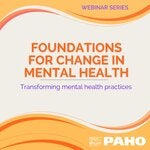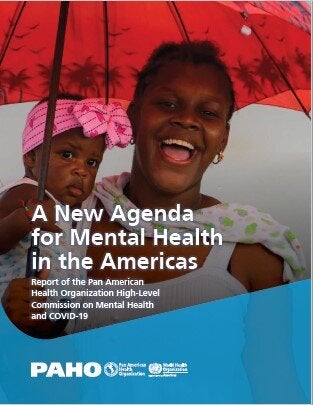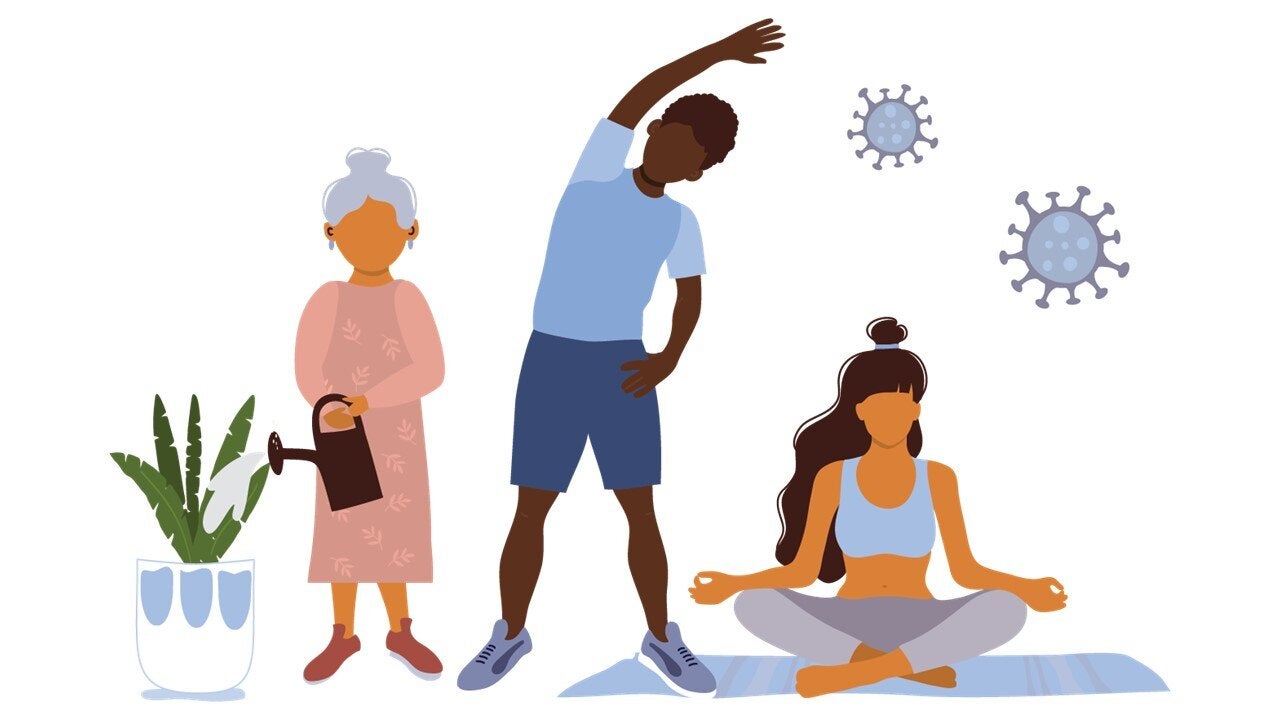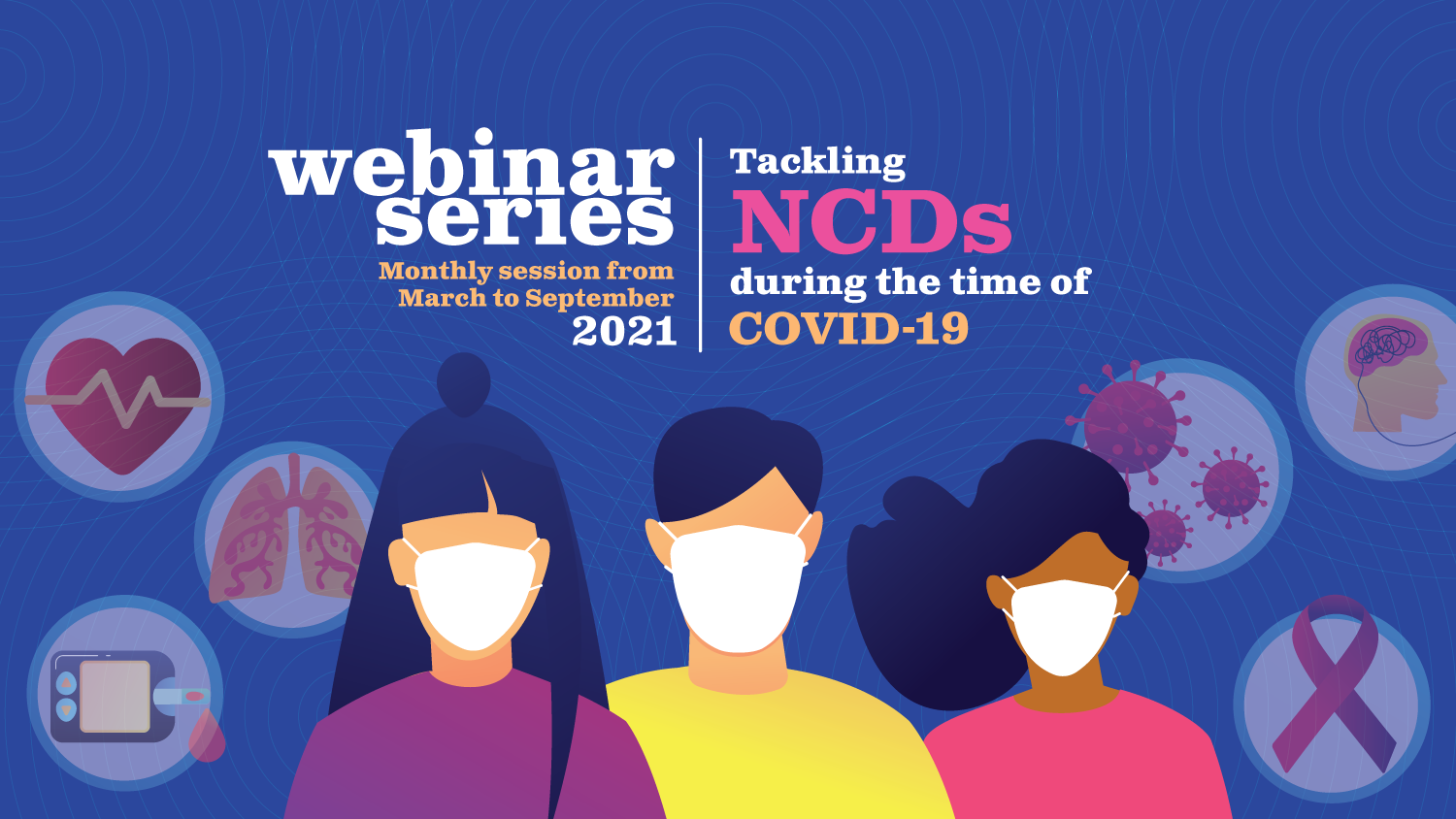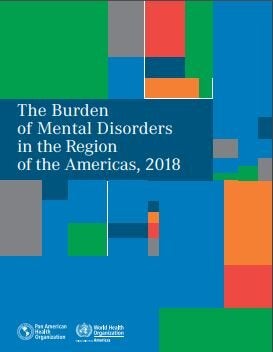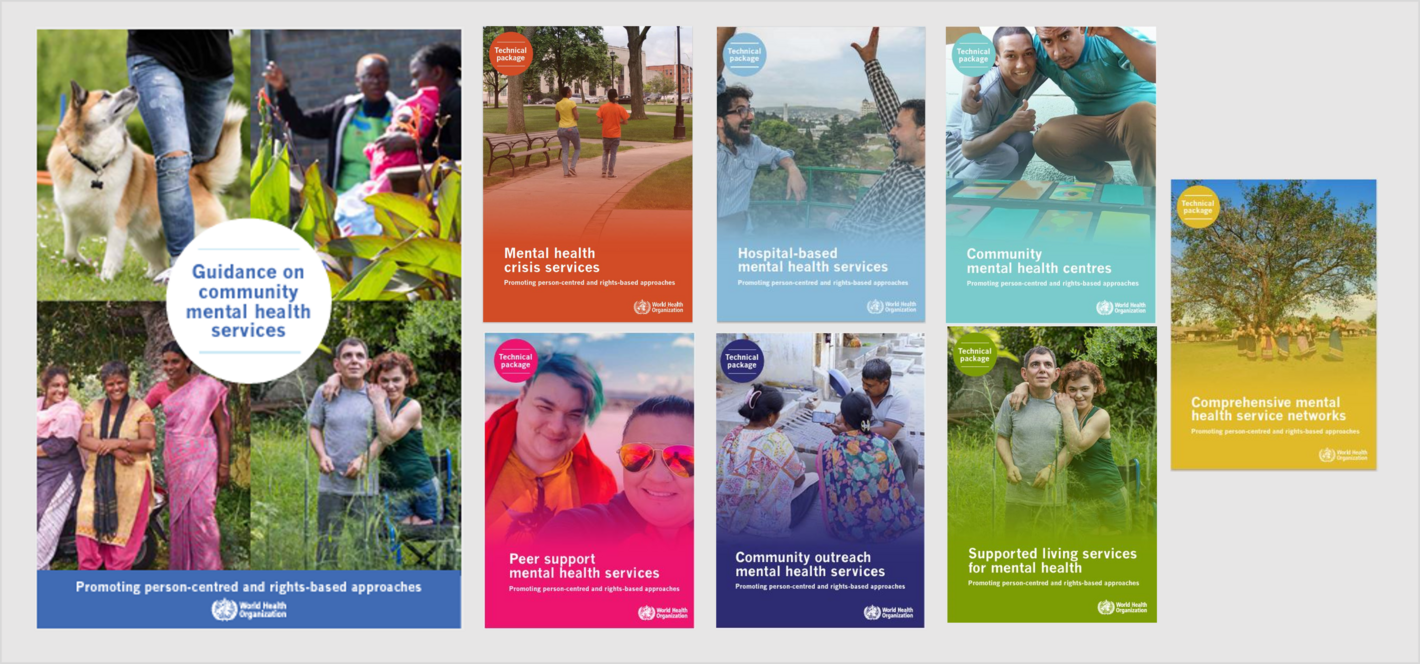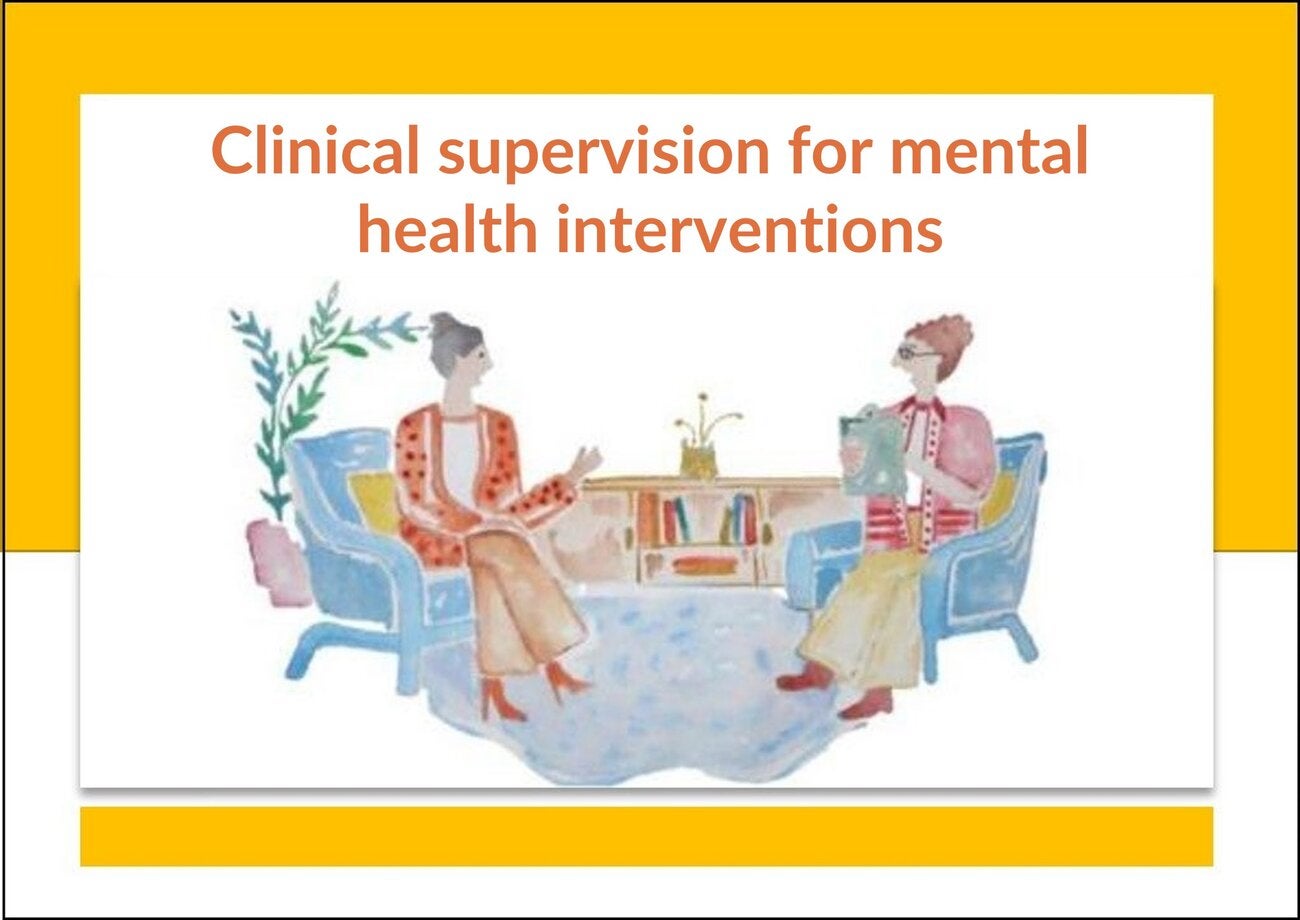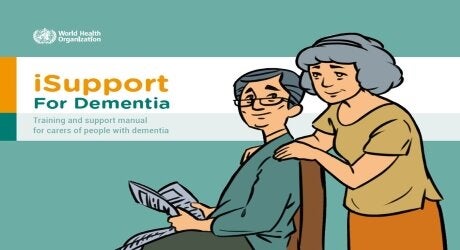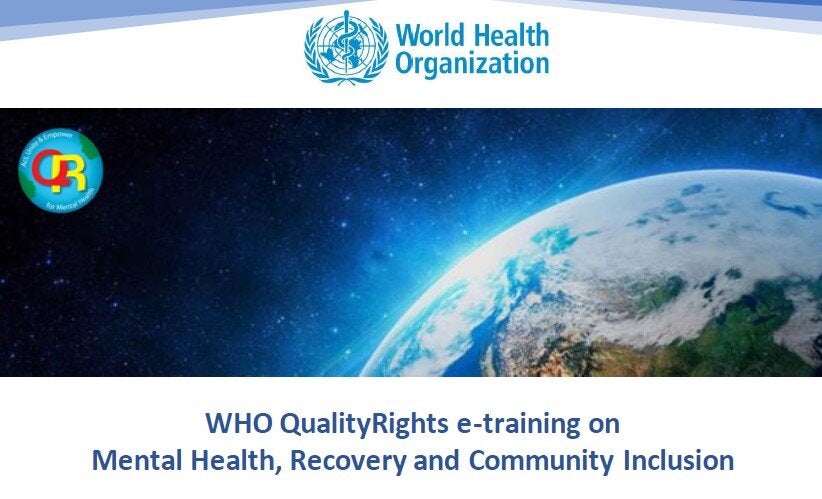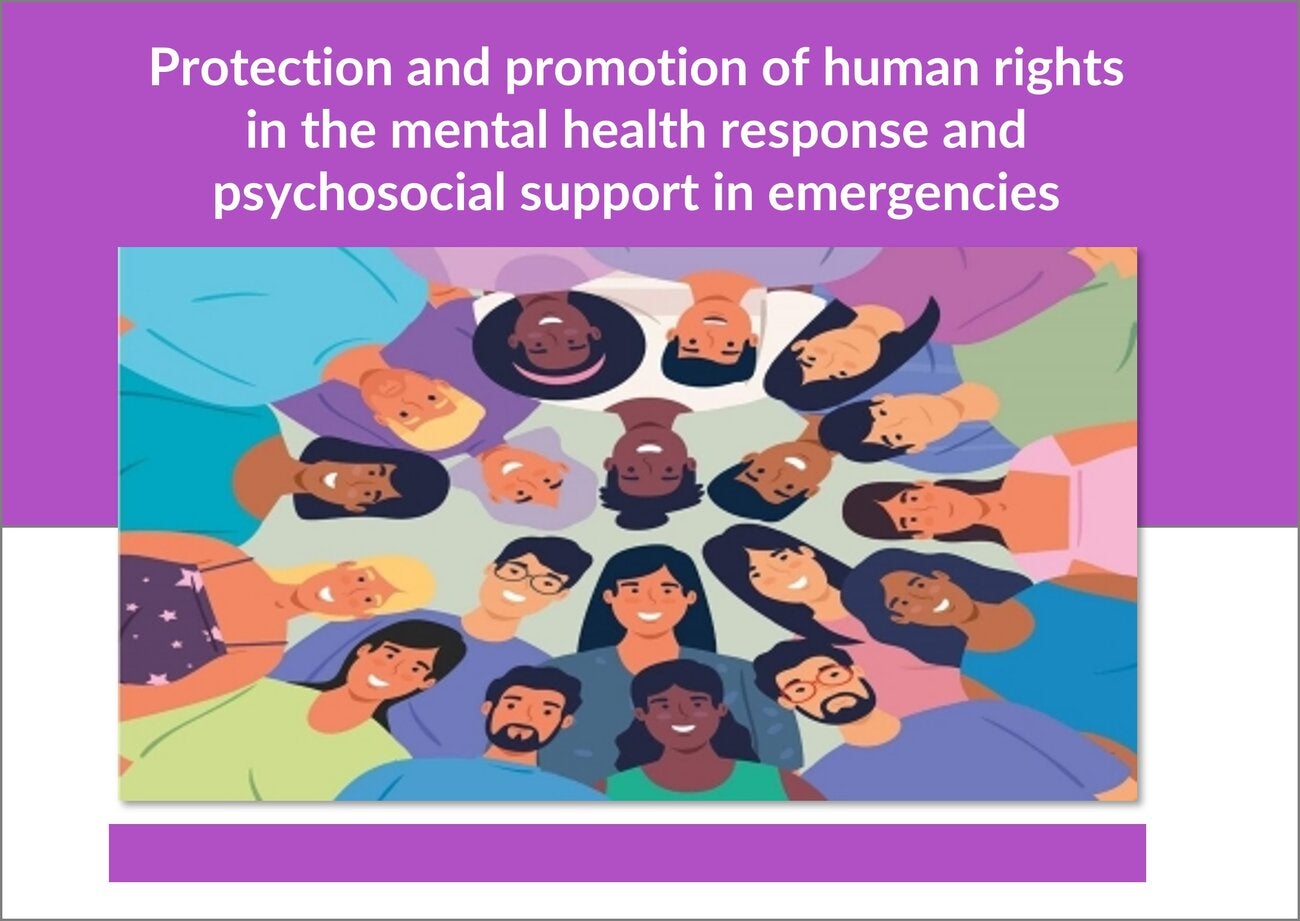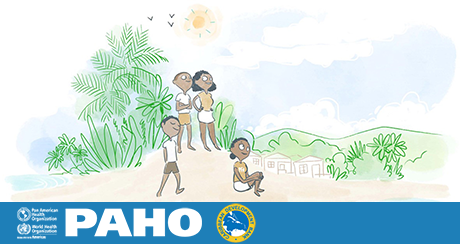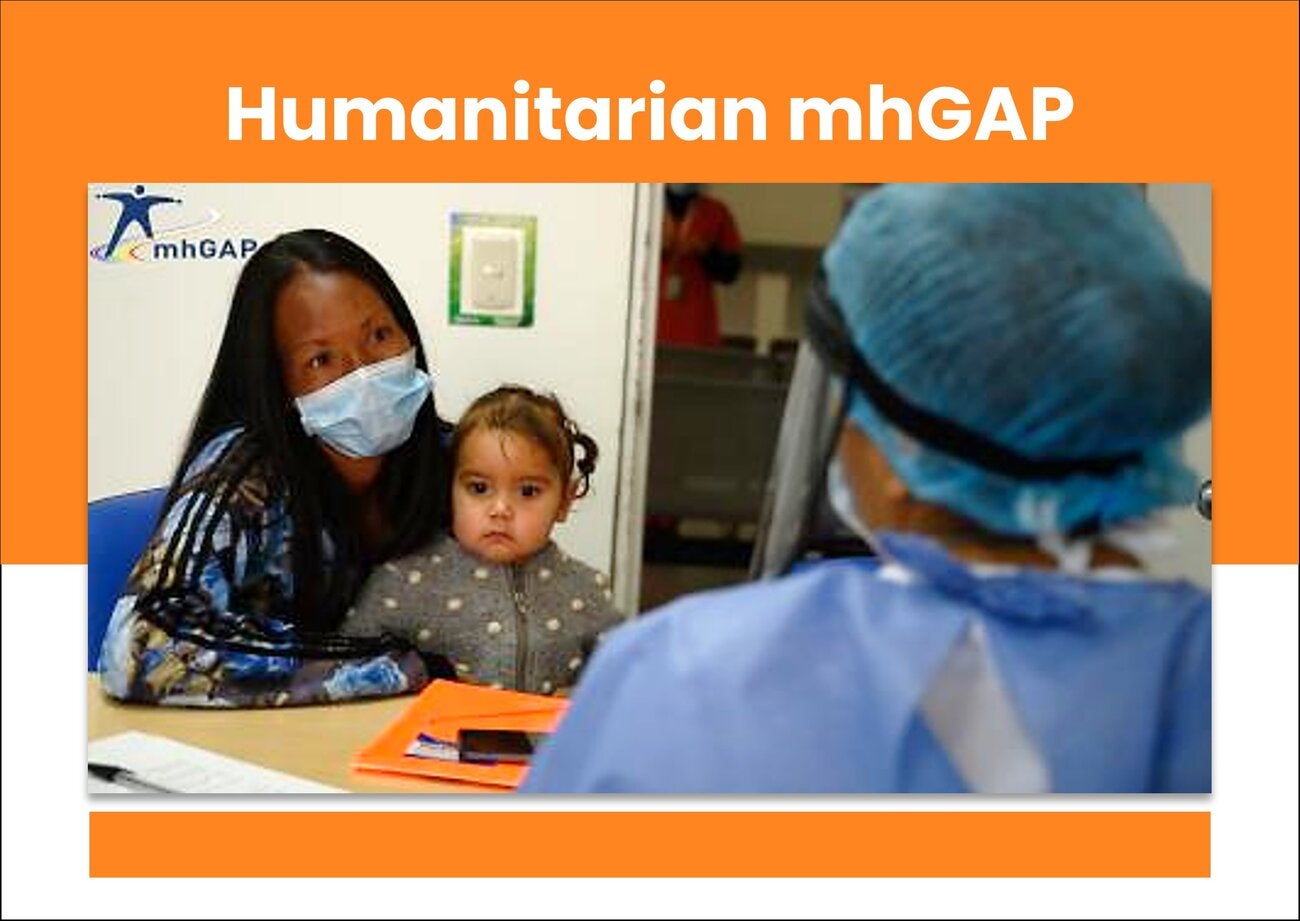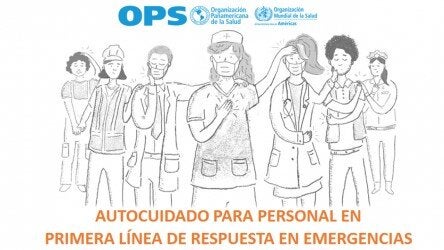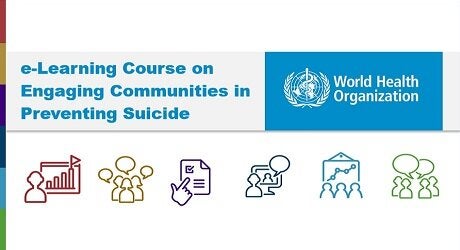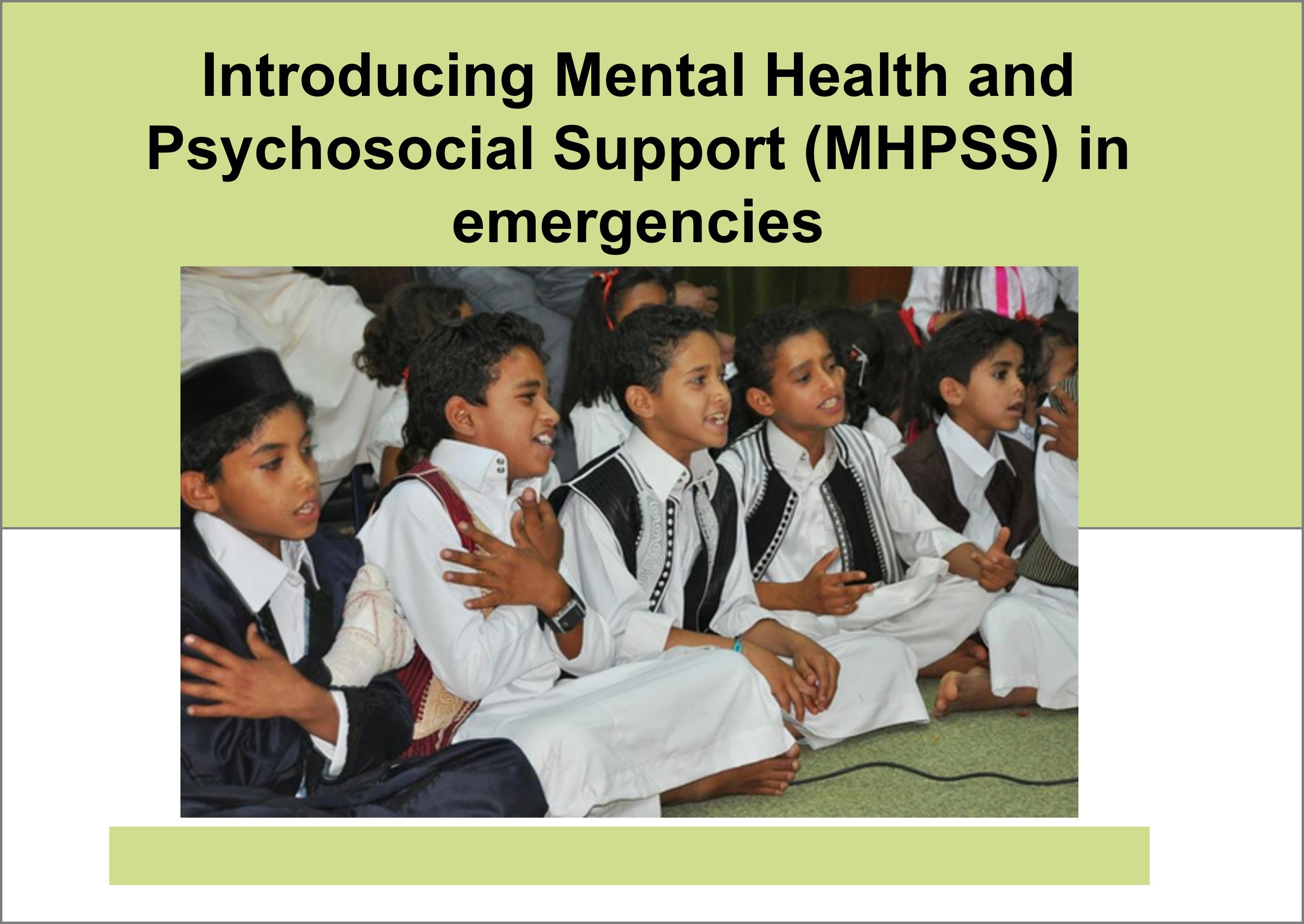The World Health Organization (WHO) conceptualizes mental health as a “state of well-being in which the individual realizes his or her own abilities, can cope with the normal stresses of life, can work productively and fruitfully, and is able to make a contribution to his or her community”. Mental disorders and psychoactive substance-related disorders are highly prevalent throughout the world and are major contributors to morbidity, disability, and premature mortality. However, the resources allocated by countries to tackle this burden are insufficient, are inequitably distributed, and, at times, inefficiently used. Together, this has led to a treatment gap that, in many countries, is more than 70%. The stigma, social exclusion, and discrimination that occur around people with mental disorders compound the situation.
- Mental health disorders increase the risk for other diseases and contribute to unintentional and intentional injury.
- In the Region, depression continues to be the leading mental health disorder, and is twice as frequent in women as in men. 10% to 15% of women in industrialized countries and 20% to 40% of women in developing countries suffer from depression during pregnancy or the postpartum period.
- Mental and neurological disorders in the elderly, such as Alzheimer’s disease, other dementias, and depression, contribute significantly to the burden of noncommunicable diseases. In the Americas, the prevalence of dementia in the elderly (aged >60 years) ranges from 6.46% to 8.48%. Projections indicate that the number of people with dementia will double every 20 years.
- Among adults with severe and moderate affective, anxiety, and substance use disorders, the median treatment gap is 73.5% for the Region of the Americas, 47.2% for North America, and 77.9% for Latin America and the Caribbean (LAC). The treatment gap in LAC is 56.9% for schizophrenia, 73.9% for depression, and 85.1% for alcohol.
- Median public spending on mental health across the Region is a mere 2.0% of the health budget, and over 60% of this is allocated to psychiatric hospitals.
Median spending in mental health services stands globally at 2.8% of total government health spending. Low-income countries spend around 0.5% of their health budget in mental health services, and high-income countries, 5.1%. In the Americas, spending ranges from 0.2% in Bolivia to 8.6% reported by Suriname. There is a significant direct linear correlation between national income and Government spending in mental health as a proportion of the total health budget. WHO recommends that health spending allocation should be in proportion to the health burden and that there should be parity between physical and mental aspects of health care. In practical terms, this means that physical and mental health services should be provided in an integrated manner, and that the percentage of spending allocated to mental health services should be proportionate to the percentage of its attributable burden.
In 2013, the World Health Assembly approved the Comprehensive mental health action plan 2013-2020. The development and establishment of policies and programs for mental health promotion and prevention are a necessary part of regional efforts to improve mental health in the overall population. PAHO’s regional Plan of Action on Mental Health includes developing and implementing programs for promotion and prevention in the context of mental health systems and services. Examples of broad strategies for mental health promotion and prevention of mental illness throughout the life course include information campaigns, promotion of rights, programs for early childhood and life course skills, provision of healthy working conditions, and programs to protect against child abuse and other types of domestic and community violence.
Mental Health is a program within the Department of Noncommunicable Diseases and Mental Health (NMH), which promotes, coordinates and implements technical cooperation to strengthen national capacities to develop policies, plans, programs, and services, thus contributing to mental well-being, prevent mental disorders, emphasize recovery, and promote persons with mental disorders to exercise their human rights to attain the highest possible level of health and to contribute to the well-being of families and communities.
Mandates and strategies
- CD60/9 - Strategy for Improving Mental Health and Suicide Prevention in the Region of the Americas [Resolution CD60.R12]
- Policy for Improving Mental Health
- Plan of Action on Mental Health 2015-2020
- Brasilia Consensus, Adopted in Brasilia, Brazil, on October 15-17, 2013
High-Level Commission on Mental Health and COVID-19
The Pan American Health Organization has established the High-level Commission on Mental Health and COVID-19 to support the Organization and its Member States in improving and strengthening mental health across the Americas, both during the pandemic and for the future.
access the platform of the commission
THE REPORT: "A NEW AGENDA FOR MENTAL HEALTH IN THE AMERICAS"
"A New Agenda for Mental Health in the Americas" (NAMHA) is a package of priority mental health policy and strategic actions that are crafted for incorporation into countries’ post-pandemic recovery strategies.
NAMHA outlines 10 recommendations with corresponding action points and case examples from the Americas that highlight successful models to guide implementation. NAMHA presents evidence-based approaches to address the crisis generated by the COVID-19 pandemic in the short term while laying robust foundations for the longer term to ensure optimal improvements in mental health care in the Region of the Americas.


